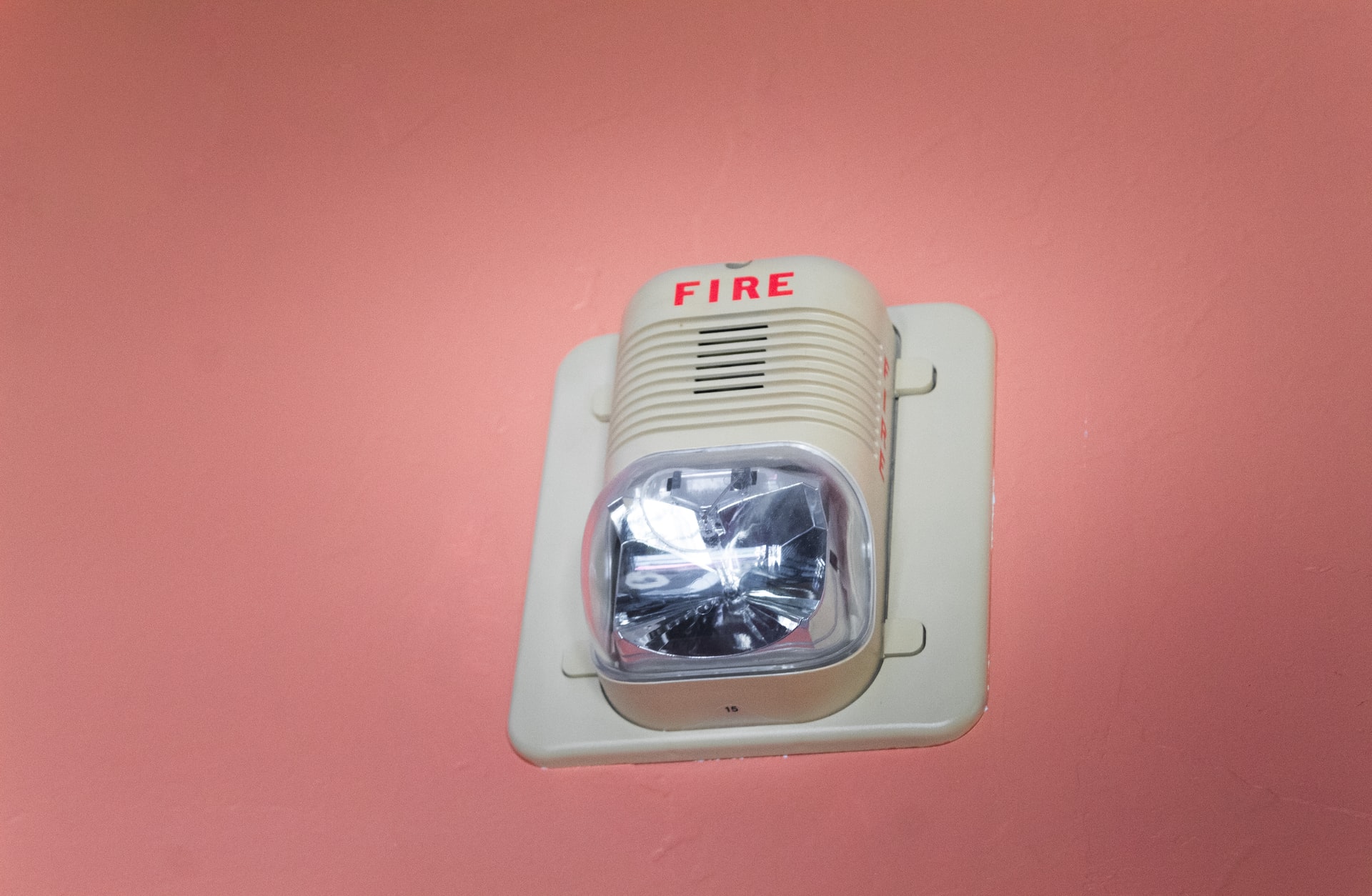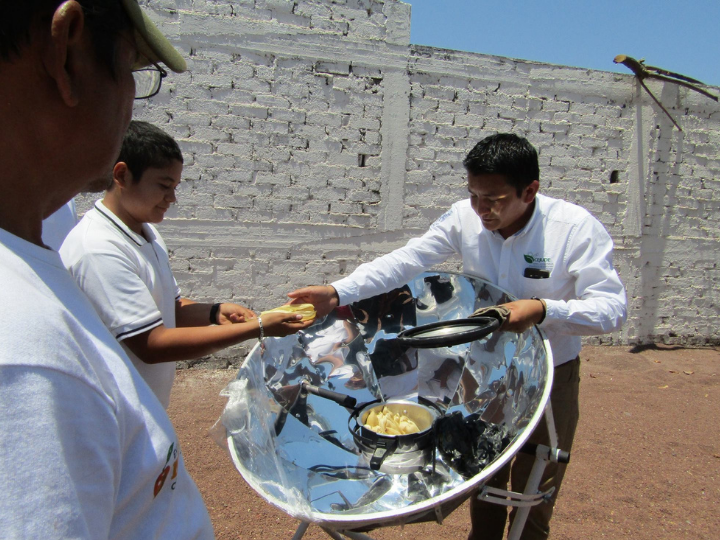Keeping your home safe should be your number one priority, especially during the winter season. It’s a time when we use equipment to keep us warm like gas, which can be quite hazardous. In the US, every year, almost 430 people die from accidental carbon monoxide poisoning, and around 50.000 people visit the emergency department. Along with this, there are plenty of other hazards that can be detrimental to your health, and keeping your home prepared is crucial.
Below we’ll break down a few of the most important safety equipment everyone must have at home.
Carbon Monoxide Detector
Carbon monoxide is a dangerous gas that is slightly less dense than air. It is odorless and colorless, and it’s produced anytime you burn fuel including the fireplace, a grill, the furnace, and more. If too much of the gas builds up inside your home, it can result in CO poisoning.
Inhaling too much of this gas can have serious health effects so installing industrial safety products like a carbon monoxide detector is a must-have equipment in everyone’s home. CO alarms should be installed on every level of your home since they alert you to elevated levels of carbon monoxide and can save you from potential poisoning.
Smoke Detectors and Fire Extinguishers
Along with the CO alarm, you must install smoke alarms to detect fires and give you and your family an early warning. Have them installed on every level of your home, as well as outside, and make sure you check them once in a while to see whether they work properly and change their batteries every 6 months.
Fire extinguishers also play an important role in fire safety protection in your home. Note that they should be used on small fires, and you need to be educated on how to operate a fire extinguisher properly. Keep them on every level of your house, as well as in the garage and kitchen.
First aid kit
First aid kits are a necessity for every family, and you can either purchase a kit or you can make one yourself. A well-stocked first-aid kit can help you manage minor injuries, and it can help when you need a dose of antihistamine for allergies. Make sure you keep it in a cool and dry place, and out of children’s reach.
It usually contains band-aids, alcohol, cotton balls, thermometer, antiseptic, medications, and other essentials. Check the medication once a year so that they’re within the use-by dates, and see whether other things need to be refilled or replaced. You might want to get one for your car as well since it will benefit you in case of an accident while driving, or anything else that may occur on the road.
Home security system
Home security systems are very popular since they protect the house against break-ins or invasions when you’re away from home or sleeping soundly. They contain CCTV cameras, motion sensors, night lights, and others. Note that burglars are less likely to break into a home that has a security system installed.
If you want to ensure safety for your home and loved ones, installing a security system is a must-have. Especially if you’re frequently traveling, this can help you monitor the house, and if you see anything suspicious you can notify the authorities. Add a reliable door lock to your home security to ensure even more safety.
Disaster kit
Also called a Go Bag, the disaster kit will be quite helpful in case of natural disasters including an earthquake, hurricane, power outage, and so on. These kits can be extensive and can be kept in plastic bins in the garage or closet. For example, some of the most common essentials include food, water, flashlight, extra cell phone battery, candles, vital documents, personal hygiene products, pet food, etc.
It all depends on your needs and how much space you have to store all these things. Note that flashlights and candles are also important to have around the house in case of a power outage, or any other type of emergency. And don’t forget to keep an extra supply of batteries since they can be used for many things around the house.







